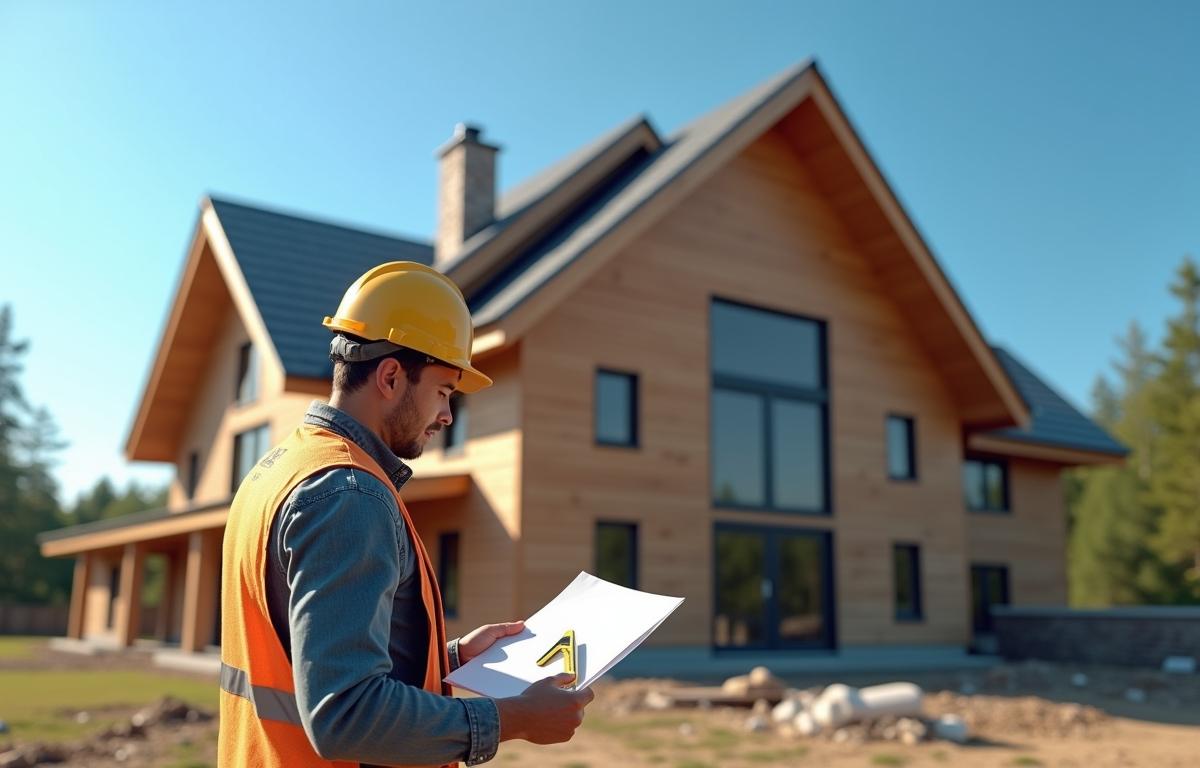The roof of a house protects the structure from the elements and contributes to the aesthetic. Choosing the right roof type guarantees durability, energy efficiency, and value. With numerous options available out there, homeowners can easily feel overwhelmed.
To simplify the decision-making process, consider specific questions that will guide you toward the best choice for your home. Here are some key inquiries to help you assess various roof types.
What Are the Lifespan and Maintenance Requirements?
The first consideration when evaluating roof types is their lifespan and associated maintenance. Different materials have distinct longevity and upkeep needs. Asphalt shingles may last about 20 years with regular maintenance, whereas metal roofs can exceed 50 years. Understanding the expected life cycle of each option allows homeowners to assess whether they will require some repairs or replacements in the near future.
Regular maintenance prolongs the roof’s life. Homeowners should inquire about maintenance requirements for each roofing material. Look into a local roofing contractor and discuss these inquiries with them. They will provide expert insights and tailored recommendations so that your roof lasts as long as possible.
How Well Does It Insulate and Affect Energy Efficiency?
The type of roof can influence a home’s energy consumption. Roofs with high thermal resistance can keep homes warmer in winter and cooler in summer. Homeowners should explore the insulation properties of various roofing materials to determine their energy efficiency.
The right choice can lead to decreased utility bills and improved comfort indoors. Shingle varieties come with reflective coatings that improve energy efficiency. When estimating costs, be sure to factor this aspect into your analysis. Roof’s insulation properties attain a more sustainable and cost-effective living situation.
What Are the Local Climate Conditions and Building Codes?
Different regions experience various weather patterns that can impact roof performance. Areas prone to heavy snowfall may benefit from steeper roof designs that can prevent accumulation. Regions with high winds might require materials that can withstand severe gusts. Homeowners should research how their chosen roofing material performs in their specific climate. When selecting a roof type, adhere to local building codes and regulations.
Complying with precise requirements can prevent costly issues later on. Engaging with a local contractor can provide valuable insights regarding both climate factors and code requirements, resulting in a more informed decision-making process.
What Is the Budget and Long-Term Value?
Evaluating roofing types involves examining your budget and the long-term value of each option. Slate and tile can be more expensive upfront but may offer greater durability and less frequent replacements, making them cost-effective over time. Asphalt shingles are budget-friendly initially, but they may require replacements sooner than their pricier counterparts.
Homeowners need to consider the installation cost, future maintenance, and potential resale value. Roofing choices can dramatically affect a home’s curb appeal. Knowing these factors enables homeowners to evaluate their options holistically. Always consult with professionals to assess the potential return on investment for each roofing type to make the most informed financial decision.
Recent choices in roofing can affect how a home functions and appears. Considering factors like maintenance, energy efficiency, climate, and budget can lead to a stress-free selection process. Seeking advice from trusted professionals so that homeowners can make the best choice tailored to their needs.
